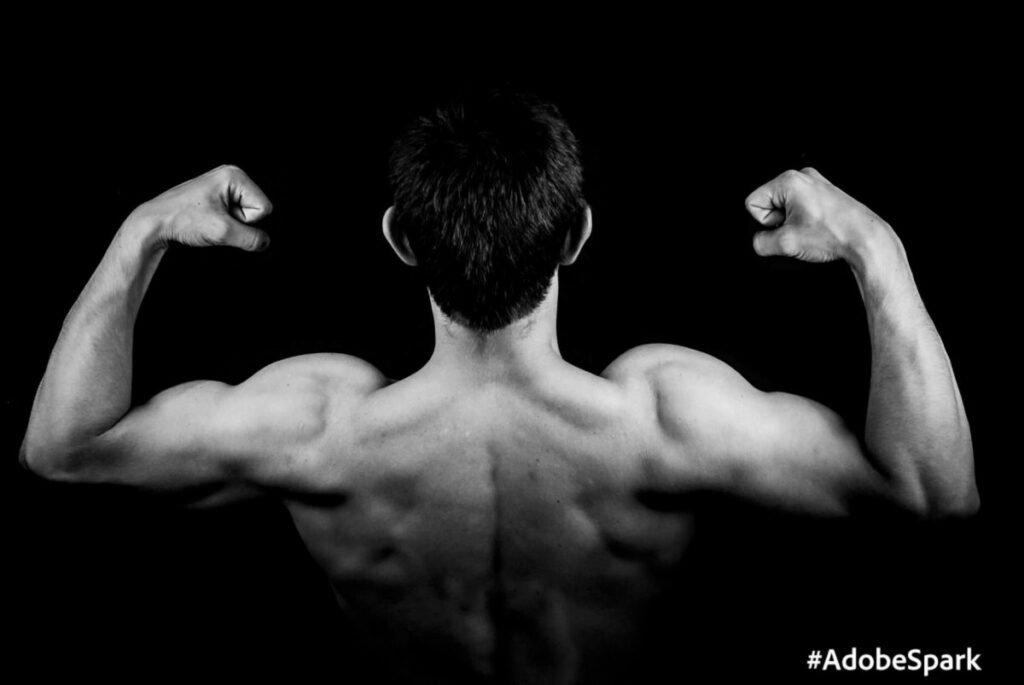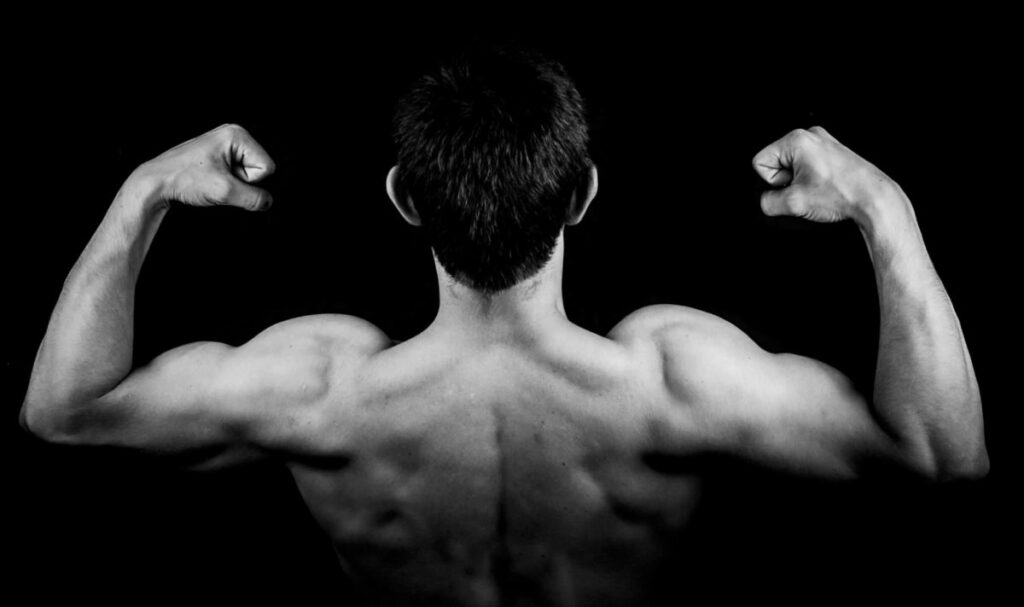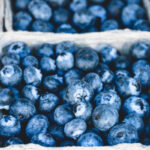The short answer is yes. Several studies have shown alcohol consumption, both short term and long term, decrease a person’s rate of protein synthesis. Your body synthesizes ingested protein with your muscles to maintain, repair and grow them. Less protein synthesis means less gains.
This happens at least partially because of a decrease in the availability and/or efficacy of certain growth-related hormones, specifically insulin-like growth factor-I. Various other mechanisms involved in protein synthesis are also negatively affected.
“But what about those people who work their asses off in the gym, seem to be pretty fit, and also get completely sloshed three or four days out of the week? How do they party so hard and still stay fit?” The truth is that they simply aren’t nearly as fit as they would be if they didn’t drink so much.
So now you’re probably thinking “I don’t want to give up drinking completely, but I don’t want to lose my precious gains either. How much can I get way with?” Some studies have shown a decrease of 15-20% protein synthesis in just 24 hours following alcohol consumption. (This particular study was done on humans by the way, while many have been done on rats and mice.)
Having said all that, we should keep in mind there are a huge number of variables that would certainly come into play when applying this data to strength training, such as age, weight, quantity of alcohol, training volume etc. These studies were not done with strength training in mind. I think it’s safe to say though, that the substantially increased need for protein synthesis after training, paired with the body’s impaired capacity to do so after alcohol consumption would only make matters worse.
I’m not saying everyone needs to give up alcohol forever, but if your training is important to you, it’s good to understand the effect alcohol will have on your gainz! Hope this was helpful! Share with someone who needs it!
STUDIES:
http://onlinelibrary.wiley.com/doi/10.1111/j.1530-0277.2001.tb02361.x/full
http://www.sciencedirect.com/science/article/pii/S1357272500000819
http://link.springer.com/protocol/10.1007/978-1-59745-242-7_22#page-1








0 Comments
Leave A Comment